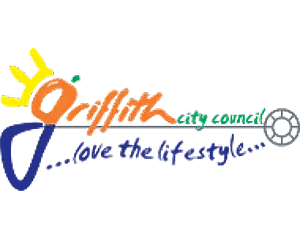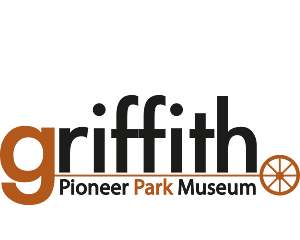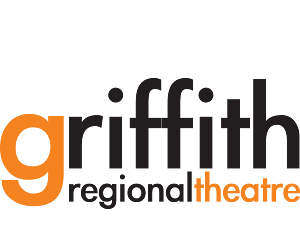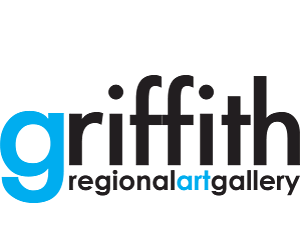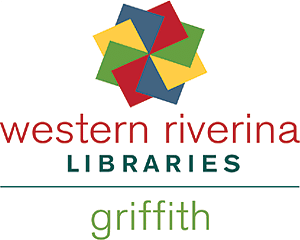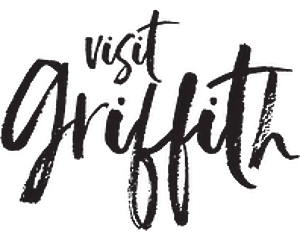Aboriginal Community
Griffith has a vibrant Aboriginal community and Council fosters strong and positive links with the local community.
Reconciliation Week
National Reconciliation Week (NRW) is a time for all Australians to learn about our shared histories, cultures, and achievements, and to explore how each of us can contribute to achieving reconciliation in Australia.
The dates for NRW remain the same each year; 27 May to 3 June. These dates commemorate two significant milestones in the reconciliation journey— the successful 1967 referendum, and the High Court Mabo decision respectively.
Reconciliation Action Plan
To view a PDF of the RAP, please click here
About the Aboriginal Community
In the 2011 Census, there were 24,364 people in Griffith with Aboriginal and Torres Strait Islander people making up 4.1% of the population.
The Griffith Local Aboriginal Lands Council is the peak ATSIC representative forum for the Griffith ATSIC community. It advocates for the interest of the community, maintains strategic oversight of community development, and negotiates improvement in service delivery and coordination on behalf of the community.
Aboriginal Heritage
The Griffith Aboriginal Lands Council play a significant role in identifying and preserving the Aboriginal heritage and culture of this area, as well as managing the Aboriginal Land Claims in the area.
Griffith is located in the heart of the Wiradjuri nation, and many members of our community are Wiradjuri people. Many originate from surrounding areas such as Narrandera and Darlington Point. Our community also includes people who are descended from other language groups such as Yota Yota people, Ngiyampaa people and Paakantji people.
Statement of Commitment
Griffith City Council is committed to:
-
participating in processes which enhance the understanding and awareness of indigenous heritage and preserves and presents that heritage in a sensitive and dignified manner;
-
encouraging indigenous and non-indigenous Australians to work together for a just, harmonious and progressive society;
-
adopting and promoting policies and programmes which are non-discriminatory and which recognise the needs of our indigenous community, and
-
being representative of all members of our community in ensuring that the principles and commitments of this statement are upheld.
NSW Police & Community Committee
Significant Dates
| 26 January | Survival Day |
| February | Anniversary of the Apology |
| 13 March | National Close the Gap Day |
|
26 May |
National Sorry Day commemorates the history of forcible removals of Aboriginal and Torres Straight Islander children from their families and placing them in care by non-Indigenous foster parents (the Stolen Generation). Its complementary name is Journey of Healing Day. |
|
Last week in May |
National Reconciliation Week promotes reconciliation between the Aboriginal and non-Aboriginal peoples of Australia. |
| May/June | National Reconcilliation Week |
| 3 June | Mabo Day |
|
2 - 9 July |
National Aboriginal and Torres Strait Islander Week otherwise known as NAIDOC (National Aboriginal and Islander Day Observance Committee) Week, has been celebrated since 1975 as a sign of remembrance of Aboriginal people and heritage. |
|
9 July |
National Aboriginal and Torres Strait Islander Day is celebrated as part of NAIDOC Week. |
| 4 August | International Day of the World’s Indigenous People |
|
9 August |
International Day for the World's Indigenous People draws attention to the poverty suffered by many of the world's 350 million Indigenous people. |
Resources
Griffith City Council Aboriginal Cultural Protocols
Links
NSW Aborginal Lands Council
NSW Education - Aboriginal Affairs
